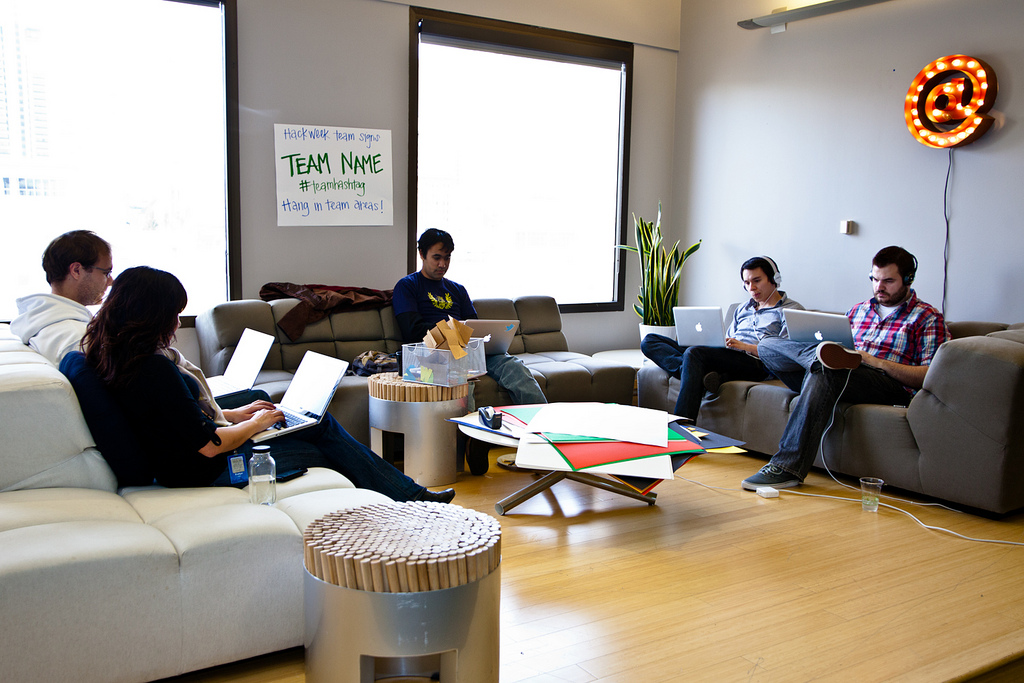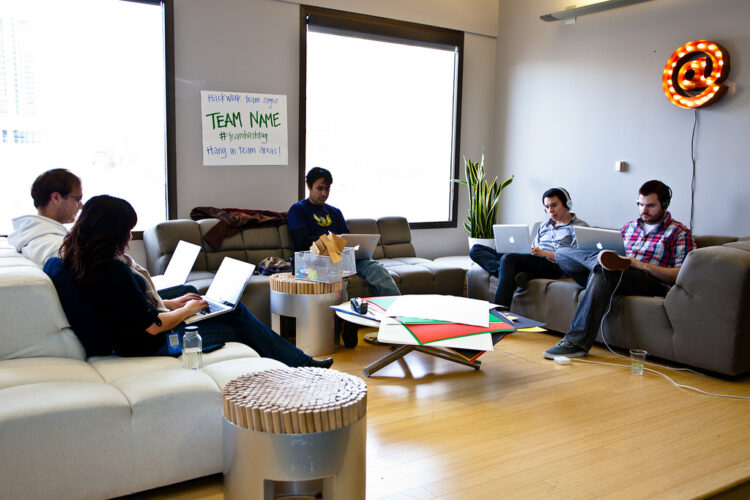
As an entrepreneur, I see the world a bit differently. Since I have never had a full-time job or received much training at my part-time work, I have always gone with my gut on how certain tasks should be approached.
While experience has its benefits, in my experience, inexperience can lead to innovation and out-of-the-box thinking. That is how I approached my idea for Valuation App, a mobile app for financial analysis. I did not have the money or the marketing resources to get an app built and promoted, so I used crowdfunding as a means to finance it. Using just a deck, I raised money from 57 people to crowdfund the app’s expenses. I requested $11 from each person and raised close to $4,000. It worked — the app is now available on Android and iOS, and even led to my next venture.
I did not know how things traditionally worked, but that only contributed to my spirit of adventure and willingness to tackle situations according to my own inherent logic. I never thought: “but this is not how it is done.” Instead, I approached every problem with a fresh perspective that allowed me to accomplish exactly what I set out to do. I was able to cultivate this mindset by doing the following:
-Not being too stuck on how the world traditionally functions.
-Approaching situations the way a child would — without pre-conceived notions.
-Considering all possibilities and discounting nothing.
Even better, this approach helped me earn credibility, as someone who could hustle, stay persistent and be innovative.
Inexperienced Entrepreneurs Can Find Success Their Own Way
My story is not the only one of its kind. There are countless examples of entrepreneurs who jumped into business without an MBA or years of experience. There are the big names, like Mark Zuckerberg, who founded Facebook before he dropped out of college, and Michael Dell, who started a computer empire from his garage with little experience of how a computer company was supposed to work.
The rate of young people without traditional work experience transforming the world of business has accelerated. Those with great ideas, impressive drive and a sense of what the marketplace needs can pursue their ambitions freely in their own way. Another example is Jack Erwin, a men’s footwear company founded by Ariel Nelson and Lane Gerson. Neither of them had experience with shoes before starting up; they simply believed there were too many over-styled and overpriced shoes. The company now generates millions in revenue, simply because the founders believed they had something new to offer the market and ran with it.
With a little planning, you can do the same. If you lack experience, here are some preliminary steps that I found helpful:
1. Create a plan. This template by Guy Kawasaki can help you ask yourself the right questions. Start by filling out whatever slides you can. (Most importantly, recognize the problem and your proposed solution).
2. Build a team. Use the plan you created to meet like-minded individuals who may want to join and help build your business. It always helps to have a co-founder so you are not overwhelmed with responsibilities early on. Make sure to pick a co-founder who has skills that you lack, so the 2 of you make a good team.
3. Build a prototype. The first step toward execution is building a prototype of your product. It helps bring the vision to life, helps get the creative juices flowing on how the design can be improved and, most importantly, helps keep the team motivated.
4. Embrace nontraditional means of raising capital. Use the prototype to raise seed capital in order to move forward with aggressive execution. Crowdfunding can serve as a great means of financing, allowing people to view your campaign and support it by making a low minimum in exchange for equity or rewards.
Ultimately, just because you lack experience does not mean you should not take advantage of a great idea or investment. Entrepreneurship is about taking calculated risks.
The Young Entrepreneur Council (YEC) is an invite-only organization comprised of the world’s most promising young entrepreneurs. In partnership with Citi, YEC recently launched BusinessCollective, a free virtual mentorship program that helps millions of entrepreneurs start and grow businesses.
Image credit: CC by Twitter



